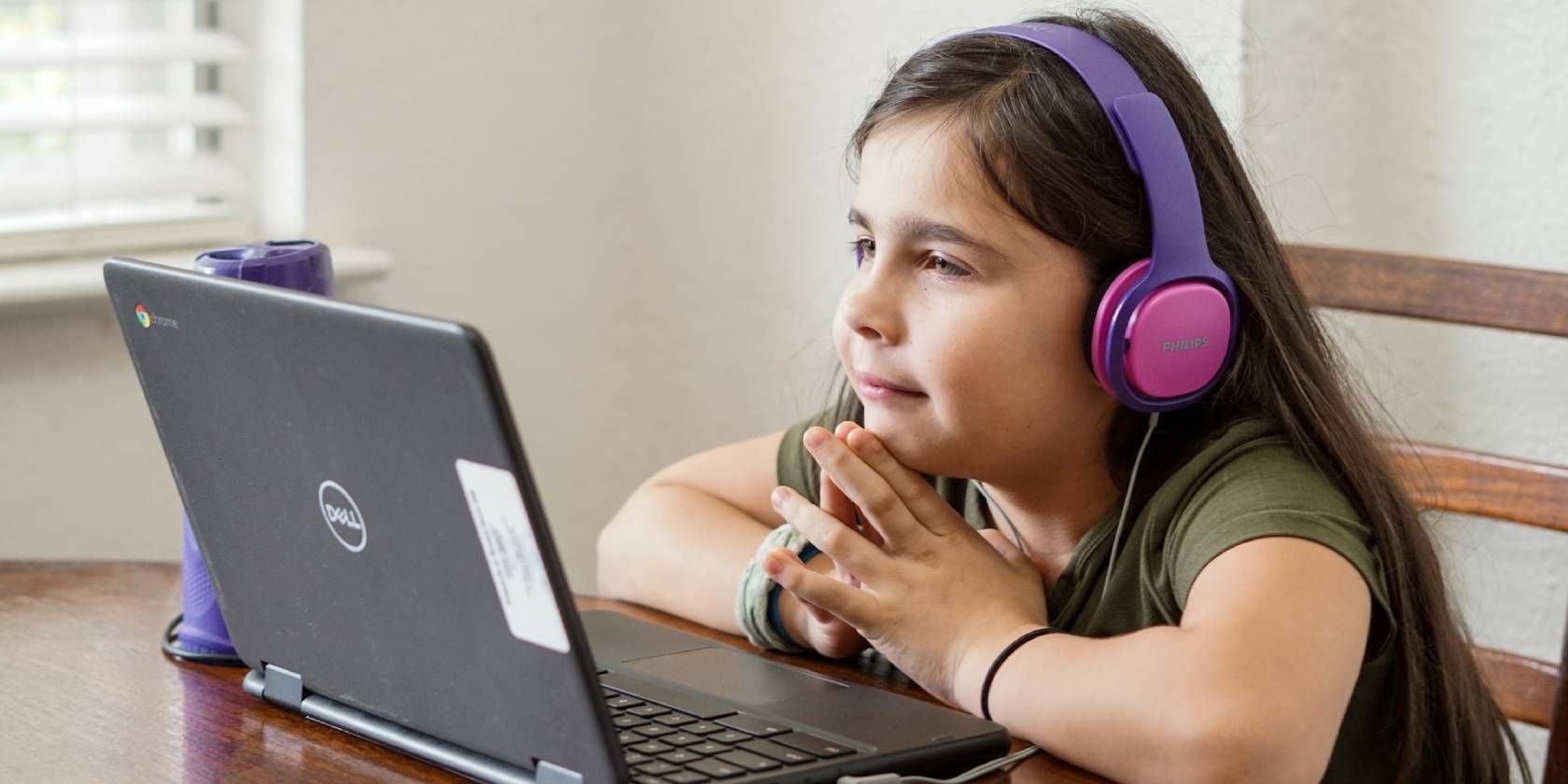Being a parent is tough. It's your duty and responsibility to nurture, educate, feed, and protect your children from harm. But dangers in the online world can be every bit as real as dangers in the physical one, and shielding them from danger can be a full-time job.
So what dangers might they face online? How can you protect your children from these threats?
Do You Know What Social Media Services Your Kids Use?
The internet is a big place, and it's impossible to even estimate the number of websites in existence. Away from the main players like Facebook, Instagram, and Snapchat, there are tens of thousands of independent and interactive social media platforms, catering to niche special interests.
A 2022 survey, carried out by Censuswide on behalf of International Cyber Expo, revealed that a quarter of parents say they are unaware of who their children interact with online; more than a third don't know what online accounts their children use, and 15 percent allow their offspring total online autonomy.
The results of the survey aren't entirely surprising. Few children want an adult looking over their shoulder as they interact with their friends in inappropriately named chatrooms, while spitting fire about their teachers and how hard it is to be 12 years old. Kids have secrets; it's natural. It's also understandable that many parents want to respect their children's privacy and not pry into their private lives.
Unlike with previous generations, where danger was usually restricted to the neighborhood where you lived, today's networked society means that your child could be facing danger from anywhere in the world.
What Threats Do Children Face Online?
As your child moves through the online world, they will be talking to people they know in real life—and people they've never met before. They'll be joining groups, espousing hopelessly naive political ideologies, generating and sharing memes, and sucking down deep draughts from the YouTube firehose.
Here are some of the perils they'll face along the way.
- Dangerous challenges: Kids love to take up a dare or a challenge. Some of them, such as the ice bucket challenge, are relatively harmless, and help raise money and awareness for a good cause. Other challenges and trends are more dangerous. The Cinnamon challenge left some kids with severe respiratory issues; the “salt and ice challenge” can result in scarring; and the pass-out challenge, also known as "the choking game", as reported by the CDC, has resulted in dozens of deaths—mostly of boys between the ages of 11 and 16.
- Unhealthy behaviors: It's not uncommon for teenagers to have body issues, and to look for help online. If a child who feels they are overweight falls into the wrong online community, they can be encouraged into adopting unhealthy behaviors. Pro-eating disorder communities are among the worst offenders, and can support youngsters to the point of anorexia or death.
- Bullying: Kids are mean to each other, and it doesn't stop at the school gate. Cyberbullying means they can be bullied wherever they are. Relentless social media harassment has lead to multiple teen suicides.
- Sexual exploitation: Sometimes, it's possible to develop deep and meaningful relationships with online-only friends. Sometimes, it's so deep and meaningful that your child feels comfortable and loved enough to engage in sexual behavior through words, images, and video. The person with whom they share these intimate moments may not be who they appear, and may share them further. Children can also be tricked into meeting abusers in real life.
- Blackmail: If your child is doing something online which they would rather you not know about, they leave themselves open to blackmail and extortion. Often, children who are tricked into online sexual activity are threatened with release of the material unless they provide even more.
What You Can Do to Keep Your Child Safe Online
Keeping your child safe when they're online is difficult, and involves a level of trust between you and your kids, as well as a bit of technical know-how. Here are some measures you can take.
Monitor Network Traffic and Restrict Access to Certain Sites
Keeping an eye on the traffic going in and out of your home network is easy with a tool like Pi-hole. Pi-hole gives you an easy way to block access to any site or web address. If your child is going to dark places online (or even just TikTok), you can detect and block it.
Restrict Access to Devices
Kids don't typically have much money, so it's unlikely they can go out and buy their own devices. This means that they have whatever you let them have. It can be access to the family desktop, or it can be Amazon tablets—the important thing is that you're the administrator of these devices, and they can't install apps without your permission.
It's easy to set up parental controls on Android, iOS, and Amazon devices.
Restrict Times They Can Use Devices
Wickedness thrives under cover of darkness, and after bedtime, your children should not be using their devices online. Pi-hole is once again the answer, and with a little technical know-how, Pi-hole can be used to regulate access to sites between certain times.
Talk to Your Children About Online Dangers
Children aren't stupid, but they can be naive. As nothing genuinely terrible might have happened to them, they believe that they are immune. Alternatively, if something bad is going on, they may be scared or too ashamed to open up about it.
Communicate openly with your children about potential online dangers and make it clear to them that they can talk to you about anything, and that you will help without judging. Make sure you back your words up with actions.
Keeping Your Kids Safe Online Is Hard, but It's Not Impossible
The online world is a potentially harmful place, and can lead your child down some dangerous rabbit holes. Make sure that you're there to support them in case they get into trouble; listen to their problems; and if all else fails, you can resort to technical measures to keep them from places they shouldn't go.



